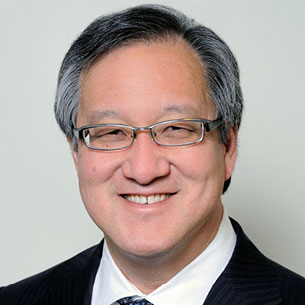Human nature, for good or for bad, is remarkably similar across cultures. Literature, art, and music provide common ground and reflect the qualities within us that are creative and validate our existence. The worse aspects of human judgment and nature are shared as well. 2014 marks the 100th anniversary of the start of World War I, the 75th anniversary of the beginning of World War II, and the 25th anniversary of the fall of the Berlin Wall. Achieving the goal of a world free from the fear of cancer requires the world to unite its creative impulses and find innovative solutions that can be shared.
Finding sharable solutions, however, can be difficult given differences between nations in resources, culture, health care system infrastructure, and governance. Implementation of change that impacts individuals requires understanding and respect for local conditions, some of which cannot be readily changed and some of which must be changed.
ASCO has developed a rich portfolio of programs targeting the education and support of ASCO members around the globe. The International Development and Education Award (IDEA), Leadership Development Program (LDP), and Long-term International Fellowship (LIFe) programs bring ASCO members to the United States to experience cancer research and patient care as they exist here. The International Cancer Corps and International Innovation Grants engage the local provider community in countries outside the United States and are supplemented by a diverse set of ASCO courses and workshops on prevention, palliative care, clinical trials, and multidisciplinary cancer care held around the world. These combined efforts increase the knowledge base at the grass roots level of health care providers.
However, we need to take this a step further and understand more completely the health care infrastructure factors that impede optimal cancer research and care so that we can more effectively structure our programs and efforts to deal with these challenges and realize progress more swiftly. This can only be done as a partnership between U.S.-based oncologists and our international membership, and between ASCO and international professional societies. Our ASCO members who possess professional and familial ties to other countries and innately understand what is possible, desirable, and how best to effect change are a valuable resource for the Society to help accomplish this.
Effective and lasting change will require building a broad base of support within the local community, just as it does here. A cohesive effort to coordinate ASCO’s existing portfolio with engagement of the larger health care infrastructure, in partnership with academic institutions and nonprofit organizations may be one way for ASCO to contribute to improving global health. I welcome your thoughts on how this might happen.


Recent posts